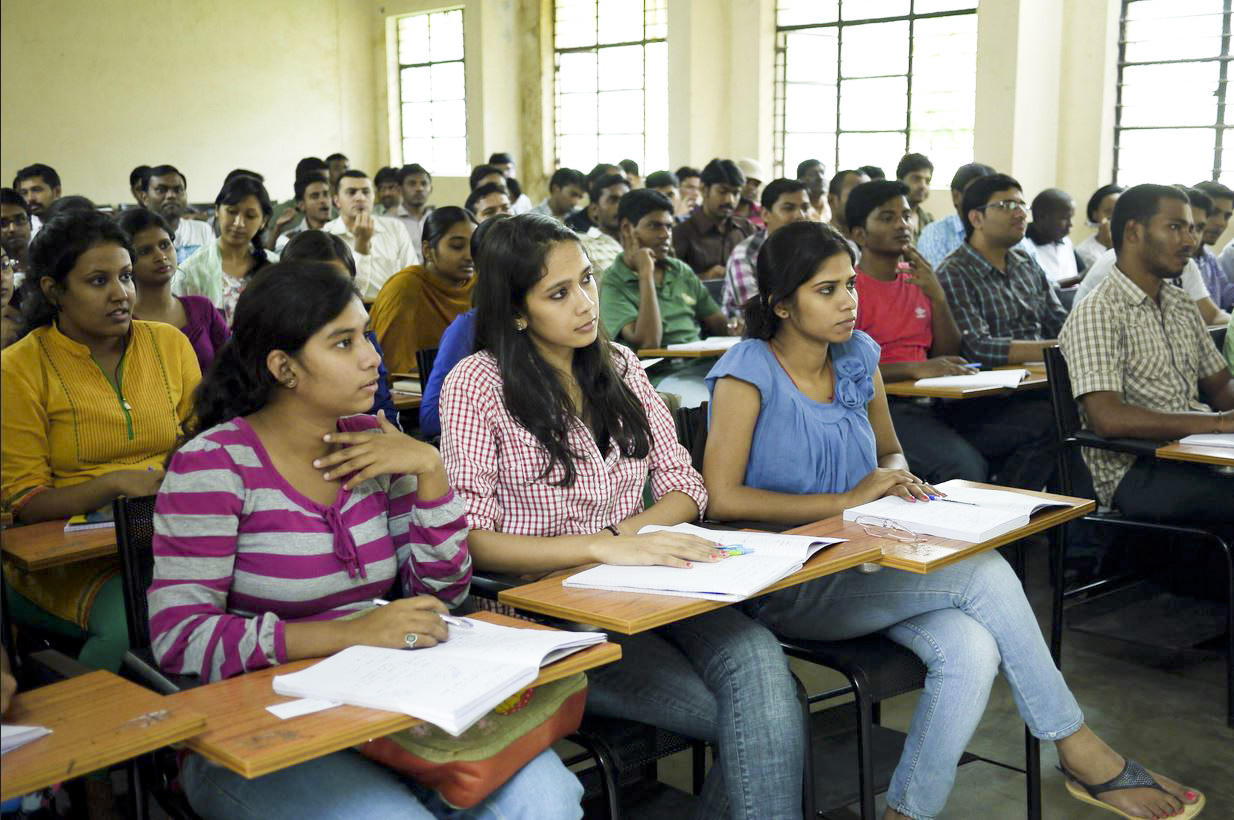I am convinced that comprehension of technicalities is way easier and quicker when information is transacted in mother tongue

Language to me is not just a communication medium, but an ever-evolving repository of a historical timeline and cultural identity of our land, people and lineage. While written language can be covert and deceptive when it comes to writer’s character and connect, our spoken language reveals our geography, regional affiliation, caste and creed and to some extent even our political leanings and affluence, unless we camouflage with an intent. However, these are secondary functions if at all, and the primary purpose of a structured language is communication and a non-ambiguous exchange of information using a script that captures the essence of our observations and thoughts. Probably it is a unison of senses, emotions, sound and script.
Of course, our species is aided by sharper cognition, complex laryngeal assembly for vocalization manifesting into ‘speech’ and motor dexterity of the fingers for scripting a language that has the power to stir a spectrum of emotions, douse tempers, appease hostility and create confusions. It is a wonderful mix of spoken and written words that arise through people’s observations of their surroundings, their interactions with fellow humans and other animals, sensory perceptions, reflections, analysis, usage, motor abilities, laryngeal modulations.
While linguistic diversity denotes a vibrant communication tapestry, it also poses a challenge of decryption to non-native readers and listeners. This underpins importance of lingua franca like English. Non-verbal communication must also be given its dues, for achieving precise communication through use of facial expressions, gestures, paralinguistics (tone and pitch), body language, proxemics (use of personal space), eye gaze and touch, appearance and use of artifacts.
Now about the combative issue of formal learning in our mother tongue. From 1970 to 1974, I had my primary education in Marathi from Mata School in Baina, and likewise both my children completed their primary schooling in Konkani from Regina Mundi High School in Chicalim. And all of us have demonstrable proficiency in English.
My mother was my first teacher of language and undoubtedly fortified my linguistic ability through her inimitable pedagogy of conversation, narration, and singing. Her stories, mythological narratives, scoldings, songs, sayings, puzzles, and religious conduct were her instruments of teaching language to me. Her enthusiastic and emotional recalling of her childhood anecdotes added many words to my Konkani vocabulary and enriched my understanding of my faith and clan culture. During my college days in 80s, I’ve penned Konkani poems and won the prestigious ‘Vinayak Sakharam Shenvi Pissurlerkar Award’ for poetry. Sahitya Academy awardee Sanjiv Verenkar and multitalented Vishnu Surya Wagh were my contemporaries during college days, and we managed a wall magazine under the mentorship of Prof Tenzing Rodrigues. I have also compered Konkani Yuvavani programmes on All India Radio Panaji, where freedom fighter and Konkani poet Naguesh Karmali, gave me some directions on how to write and speak in Konkani. Despite my background and profession in Science, I have not let my passion for Konkani literature wither and wilt. In fact, I’ve consciously attempted to use Konkani in communicating science in and beyond my classroom.
Though I’ve an admirable penchant for English language; as a Professor of Zoology, I spontaneously translate complex concepts written in English books of my subject into Konkani and make my learners comfortable, connected and interested in my discourses. And I am convinced that comprehension of technicalities is way easier and quicker when information is transacted in mother tongue.
It is noteworthy that I am the first author of any research paper in Zoology published in a peer reviewed and Scopus Indexed research journal of repute, with a Konkani abstract; just as some of my research papers based on work carried out in Maharashtra have Marathi abstracts. No eyebrows need be raised, for these abstracts in local Indian languages ensure that lay people with little or no training in scientific lingo too can understand and appreciate the relevance of my research.
Recently I was invited by the Commission for Scientific and Technical Terminology New Delhi, and Directorate of Official Languages Govt. of Goa to prepare technical terminology in Konkani for subject of Zoology. In my team, we had some remarkable linguists like Prof Kiran Budkuley, Konkani writer Sakharam Shenvi Borkar, Sanskrit expert Mayuri Joshi and of course my Zoology fraternity colleagues. In five days of the intensive workshop, we created over 1,500 new technical words in Konkani using a scientific approach and deliberations.
This task was challenging and yet fulfilling as novel Konkani technical glossary was taking shape that would ease teaching a subject thus far learnt and taught only in English. Many of these words have Sanskrit origins and their pronunciation can cause tongue-twisting, literally and figuratively.
The Goa University has also constituted a task force for writing Konkani books in several subjects across streams of study in Higher Education. Recently Vice Chancellor Menon convened a meeting of senior teachers to deliberate on this proposal and the Boards of study of various subjects have been authorised to recommend names of potential authors of these Konkani texts in technical subjects. I have volunteered to write a few books along with my younger colleagues.
The university has set for itself a target of 50 Konkani books in various disciplines by the commencement of next academic year. This is surely commensurate with the framework of the National Education Policy to make teaching student centric and ensure equitable access to knowledge to all sections of society. In fact, ‘Dishtavo’ an initiative of Directorate of Higher Education, Government of Goa to have prerecorded video lectures has now moved a step ahead by recording the video lectures in Konkani to ensure that knowledge acquisition is not hindered by language hurdles.